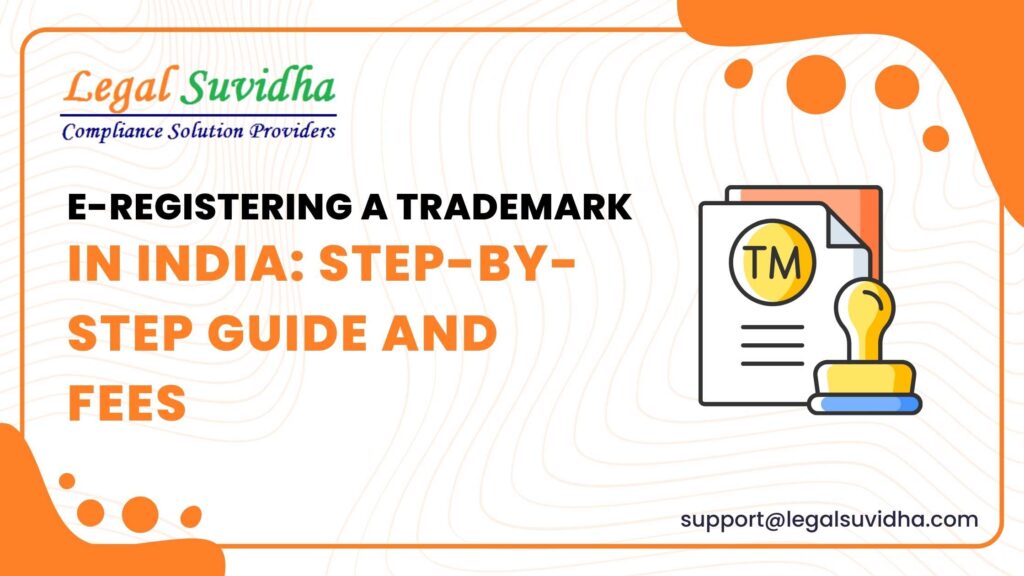A trademark is an emblematic symbol, logo, or brand name that distinguishes one company from another. Well-known trademarks like the Nike tick symbol, the Puma wild cat, and brands like Amul and Nestle are instantly recognizable by customers. Registering a trademark is a crucial step for standing out in a competitive market and protecting your brand identity.
Understanding Trademark Registration
Trademark registration offers legal protection against trademark misuse or copying under the Trademark Act 1994 and Trademark Rules 2002. It’s a straightforward process that can be completed online, providing legal rights and preventing potential trademark issues in the future.
Selecting a Unique Brand Name
Choosing a unique and memorable brand name is a vital part of the registration process. It’s essential to ensure the name isn’t already taken and doesn’t infringe on any existing trademarks or laws.
Trademark Registration Fees
The registration fee varies based on the applicant’s type of business:
- Individual, start-up, or small company:
- ₹4500 for e-registered trademark
- ₹5000 for manual registration
- Other types of businesses:
- ₹9000 for e-registration
- ₹10000 for manual registration
Application Requirements
When preparing your trademark registration application, you’ll need to provide several details and documents, including:
- Applicant’s name.
- Identity proof of the applicant and business.
- Business type and objectives.
- Brand name or slogan (dimensions: 9 by 5 cm) with 5 duplicates.
- Registration address.
- Power of attorney signed by the applicant.
- Class 3 digital signature.
Submission and Verification
Ensure all details are accurately provided before submitting your application to prevent delays in the registration process. The registrar will review your application and documents for legal compliance. If no disputes or issues arise, your brand name will be published in the Indian Trademark journal for a period of 3 months (or 120 days).
International Status of E-Registered Trademarks
E-registered trademarks do not hold international status. Trademarks serve as essential intellectual property assets, offering legal protection, customer recognition, competitive advantage, and increased goodwill. To expand business internationally, it’s essential to register trademarks in respective countries.
International Trademark Registration through Madrid Protocol
Foreign companies seeking to operate in India can register trademarks via the Madrid Protocol. This international application facilitated by the trademark registrar accepts applications, verifies them, publishes them in an official gazette for 4 months, and upon clearance, issues the trademark certificate, renewable as needed.










